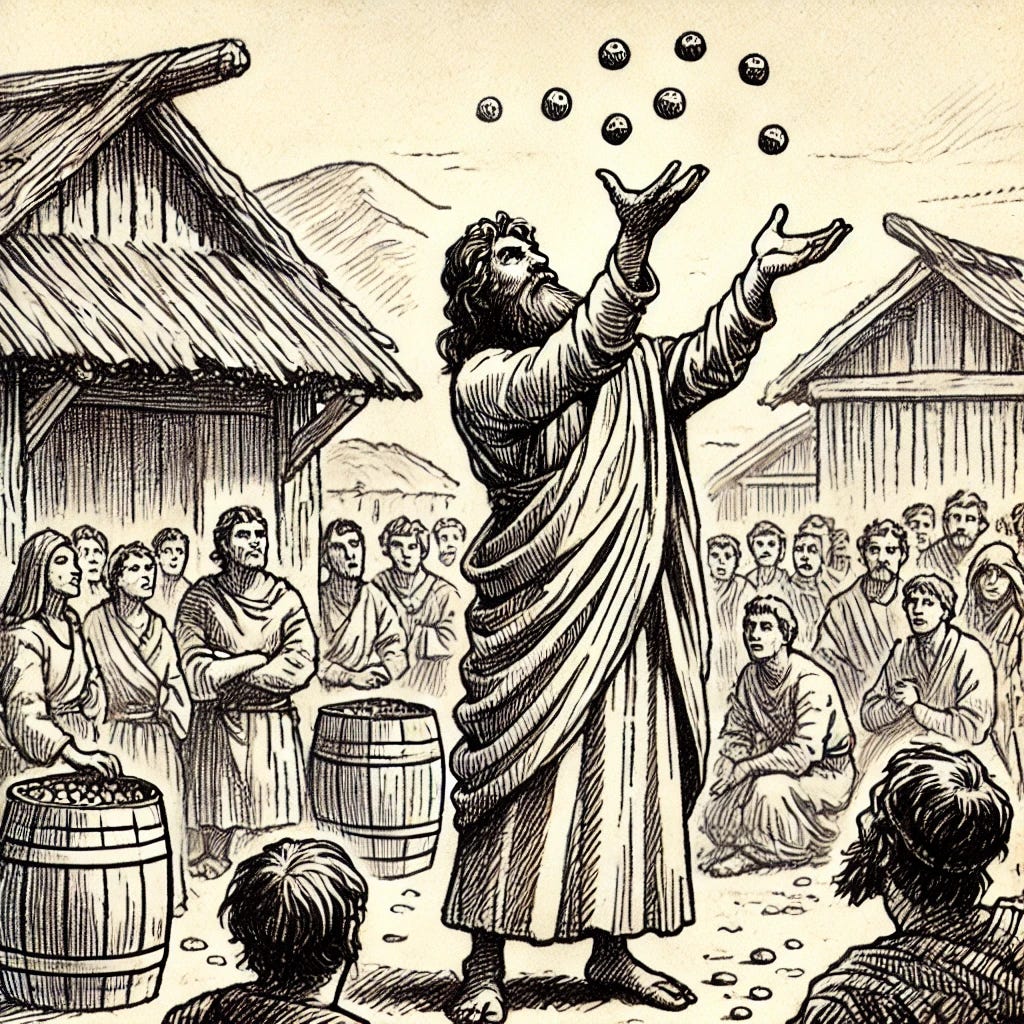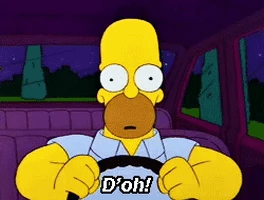English is wild. You have a bunch of little words you use your whole life and sort of take for granted, and those words might have gone through dozens of little changes in meaning over the years.
Sometimes, our most common phrases have the most interesting etymological histories. One such phrase is a whole lot.
The first part, the word a, goes back at least thousands of years to PIE (Proto Indo European), where it was originally something like *oi-no- (the asterisk means it’s a reconstruction from later languages). A comes from the same place as one, and you can hear this in the German language, where the word for one is ein.
*Oi-no- turned into an and ein over the centuries. Eventually, English speakers kept using an for words that started with vowels, but for consonants it proved easier to drop the n at the end and just use a instead. Today, a, an, and one are different words, but that wasn’t always the case.
The second word, likewise, is pretty easy to deal with. Whole comes from the Old English word hāl, meaning something like uninjured or healthy. This same word gives us the word health today, so you can see why the whole foods movement is called by that name.
Things get really interesting with the word lot. The PIE root word isn’t super clear, but the Old English word is hlot, and the proto-Germanic form is something like *hlutan (there’s that asterisk again, so you know it’s reconstructed).
Both of these older root words refer to an object that’s used to determine an outcome, similar to the way gamblers might bet on dice or a coin flip today. A lot might be a flat stone with a mark on one side, so you could toss it in the air and get some kind of divine answer from the gods.
This sort of meaning survives today in a few different ways, but the most notable (I think) is the word lottery. People are still casting their lots, in a manner of speaking.
While that version of lot went off and running, another branch took a completely different path, but for understandable reasons. Casting lots was also a way to decide how much of a share of a bounty or windfall someone would get, long before the creation of the limited liability company.
Instead of fighting over the proceeds, the participants would often leave the decision up to the gods, so everyone had no choice but to agree that the outcome was fair. In the same way that you had cast your lot, what you got from this process started to be called a lot.
Now, imagine that what you’re dividing up was land. The land itself was a lot, too. If you walk past a vacant lot, that’s where that comes from.
That’s a lot of lots, but we’re not done yet!
The above example is the most common way the word lot is used today, the title of today’s piece uses this meaning: a whole lot. It’s probably not difficult to imagine how this shift happened: we were calling portions of things lots, so the idea of a whole lot meaning an entire amount of something up for grabs was already embedded.
Eventually, a whole lot became a really useful metaphor. Now, instead of an entire plot of land, it was used to describe an entire amount of anything.
Your lot was the share you got, and the whole lot was the entire thing. You might drink your whole lot of beer in one sitting, maybe, or spend your whole lot of time sitting on your hands. It was your lot, though, so that was up to you.
It’s not tough to see how useful a lot could be when describing a quantity. Because lots of things were typically made up of a large number of things that would be divided, lots came to mean a lot of things.
You probably have a lot of questions!







"You lot are a whole bag of trouble," I yell at a bunch of kids on my lawn.
"Get your whole gang out of my parking lot," I continue.
"I hate you a whole lot," I add, starting to run out of ways to combine "lot," "a," and "whole" in a sentence.
British English speakers will sometimes use the expression "you lot" to refer to a group of people (akin to, say, "guys" in North America). I have to think that has similar roots to the other usages you note here.